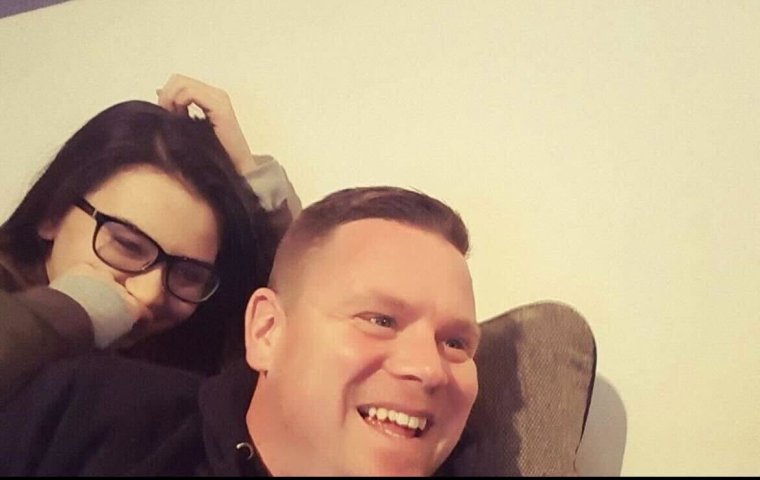Midlife is no longer the most miserable age – for the first time in generations, the average 22-year-old is likely to be unhappier than their parents
For decades, it’s been socially accepted that midlife really is the worst. Researchers have agreed on the pattern that people are generally happy at the start of adulthood, unhappiness then starts to creep in during the thirties and forties, until eventually you reach peak misery in your fifties. More than 600 published papers appeared to confirm this “unhappiness hump.”
But now, that’s all changed. For the first time in generations, 22-year-olds are more miserable than their parents, according to a study published in the journal PLOS One.
The only people not surprised by this “revelation” are people in their twenties, like me.
When I call my Dad, who turned 45 a few days ago, he’s always loving life. It’s definitely not what peak gloom sounds like. He goes to work, at a company in which he’s worked his way up, goes home to the three-bedroom house he owns, and parties most weekends. The only time he appears down, or upset, is if his football team lose their match.
I, on the other hand, am part of the Gen Z cohort, now apparently known as that miserable lot. I turned 23 last month and the unhappiness of being this age is plain to me.
It shouldn’t be a surprise. People older than me always presume us youngsters to be carefree, trying new things, travelling and job hopping. There’s no responsibility in your twenties, they say. But that’s just not the case anymore. Jobs are hard to secure, the number of entry-level jobs are at an all-time low and travelling requires money that none of us have.
As for housing, that’s even worse. The cost of rent is more than a lot of entry-level salaries, commuting prices are extortionate, and home ownership seems a distant dream if you don’t have the bank of mum and dad to gift you a (very large) sum of money.
This was never a problem for my Dad. As a roofer and contractor he’s never struggled to find work, picking up jobs here and there, asking for a bigger salary without pushback, and always enjoying a good income. The average house price in the early 2000s when he was my age was around £80,000. It’s now £269,000.
Smartphones may have a role to play. My Dad bought me my first phone when I was six, whereas he didn’t have social media or an iPhone until his twenties, after I was born. But technology is blamed more than I believe it should be. Yes, my childhood, and now adulthood, isn’t spent out with my friends like my parents was, but my Dad is no stranger to scrolling on TikTok and he’s happy enough.
 Kia’s dad is no stranger to TikTok, doesn’t care what people think and is happier than his daughter
Kia’s dad is no stranger to TikTok, doesn’t care what people think and is happier than his daughter
When I ask him why he’s happy he says “he doesn’t care what people think” and his life is now “pretty sweet”. He’s of the belief that most Gen Z-ers are snowflakes. “Life is never easy for any of us but we make the most of what we have, maybe young people can’t accept that like we did.”
I agree, he doesn’t care what people think. He’s always been that way. And perhaps he’s right that we young people dwell on our problems more than older generations, but I also think we have more upon which to dwell.
People in their early twenties became adults during the pandemic. When I turned 18, nightclubs and restaurants were shut, most people (including my parents) weren’t working. The post-pandemic era saw many of us never return to alcohol, something my Dad tells me I’m missing out on. “Let go a bit,” he tells me at least once a week.
The midlife crises that usually occur when careers plateau or family pressures peak haven’t disappeared though, according to the research led by Professor Blanchflower of Dartmouth College in the US. But happiness among those generations has stabilised, while unhappiness among those in their late teens and early twenties has rocketed, and they’re far more prone to despair and anxiety.
Take our recent birthdays. I spent mine at the beach, mostly stressed that I’m 23 without owning my own home, not having thousands of pounds spare, nor being at the peak of my career. My Dad had a group of friends over, partied in his own garden and got a massage. He was excited to turn 45, but I felt behind turning 23.
Once, I couldn’t wait to be 23 with my own income. Now it’s here it’s a ball of stress and responsibility. Maybe I should be more carefree like my Dad, or maybe he just had an easier time when he was my age.

